
Crane Operator Job Description
What is a Crane Operator Professional?
A crane operator is an individual who operates a crane to move heavy objects. They are responsible for the safety of the equipment and those around it, as well as ensuring that the load is properly secured before moving it.
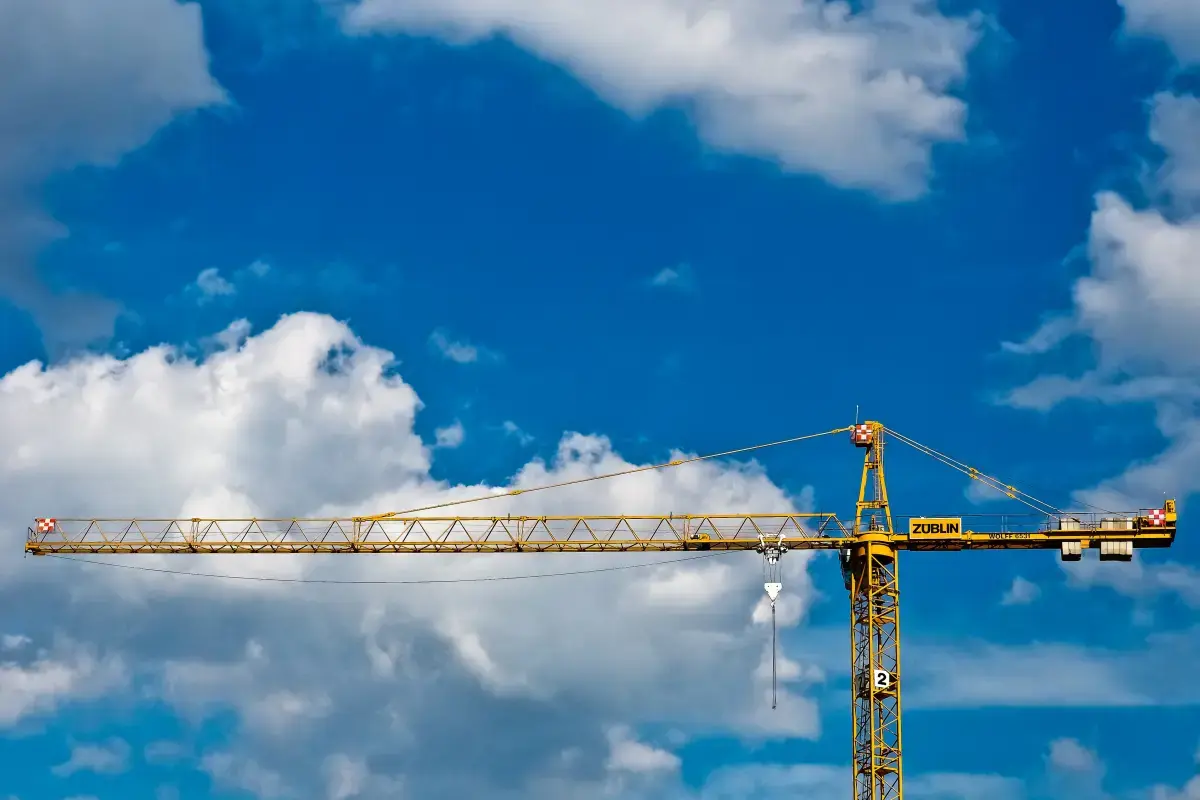
What does a Crane Operator Expert do?
Crane operators usually work on construction sites, where they are needed to lift and move materials such as steel beams, pipes and scaffolding. In some cases, they may also be required to operate cranes in industrial settings or at ports, where larger loads need to be moved. Most crane operators work full time; however, longer hours may be necessary when deadlines need to be met or projects are running behind schedule. Some travel may also be required for certain positions
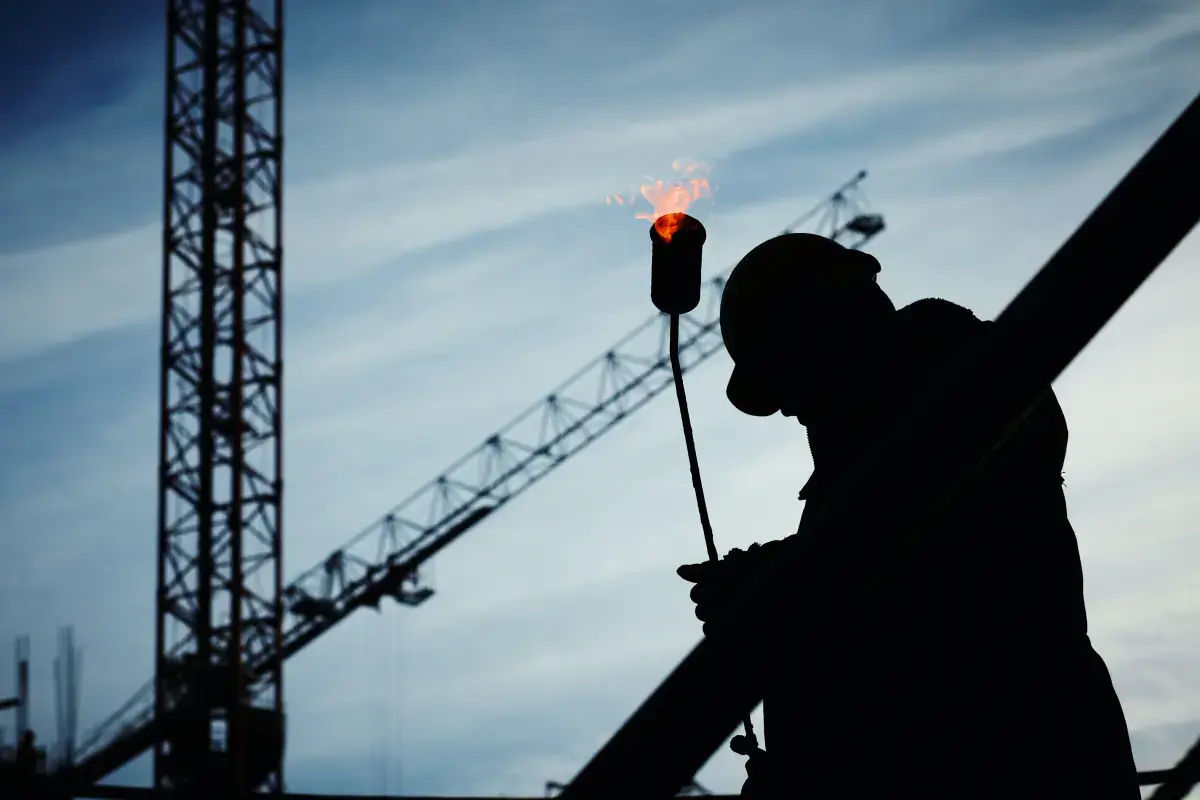
What are the Skills of a Crane Operator?
Crane operators control the movement of crane loads and are responsible for ensuring safety during operation. They must be able to read and interpret load charts, have a strong understanding of physics concepts such as weight distribution and force, and be aware of wind conditions that could affect stability.

What makes an Expert Crane Operator?
Operators must also maintain communication with other members of the construction crew to coordinate lifting activities. Most crane operators learn their trade through on-the-job training, although some may have previous experience operating other types of heavy equipment. Certification is not typically required, but many employers prefer or require it. The National Commission for the Certification of Crane Operators (NCCCO) offers voluntary certification exams for both cradle/derrick and tower cranes

What level of Experience & Qualifications are required to be a Crane Operator?
At least one year of documented crane operating experience. • Ability to complete safety and technical training provided by the employer or employer-approved provider. • Certification from a vocational school, college, or other educational institution related to the crane operators line of work; such as applicable NCCCO certifications • National Commission for the Certification of Crane Operators (NCCCO) certification is highly desired. • Possess a valid driver’s license with no restrictions and abide by local laws when operating any vehicle for job-related needs. • Specialized courses with hands-on component included in safety certification programs offered through approved organizations such as NCCER or The Crane Institute (CI) Certifications; such as those listed above are preferred but not required – they can be acquired while employed in most cases • Physical requirements: ability to climb ladders and stairs, carry material up/down ladders/stairs on construction sites where necessary; must have stamina and physical strength needed to haul crane components on site when requested • Must be able to lift up to 70 pounds • Obtain OSHA 10hr Construction Safety Course • Successful completion of written & practical tests administered by company trainers • High School Diploma or equivalent
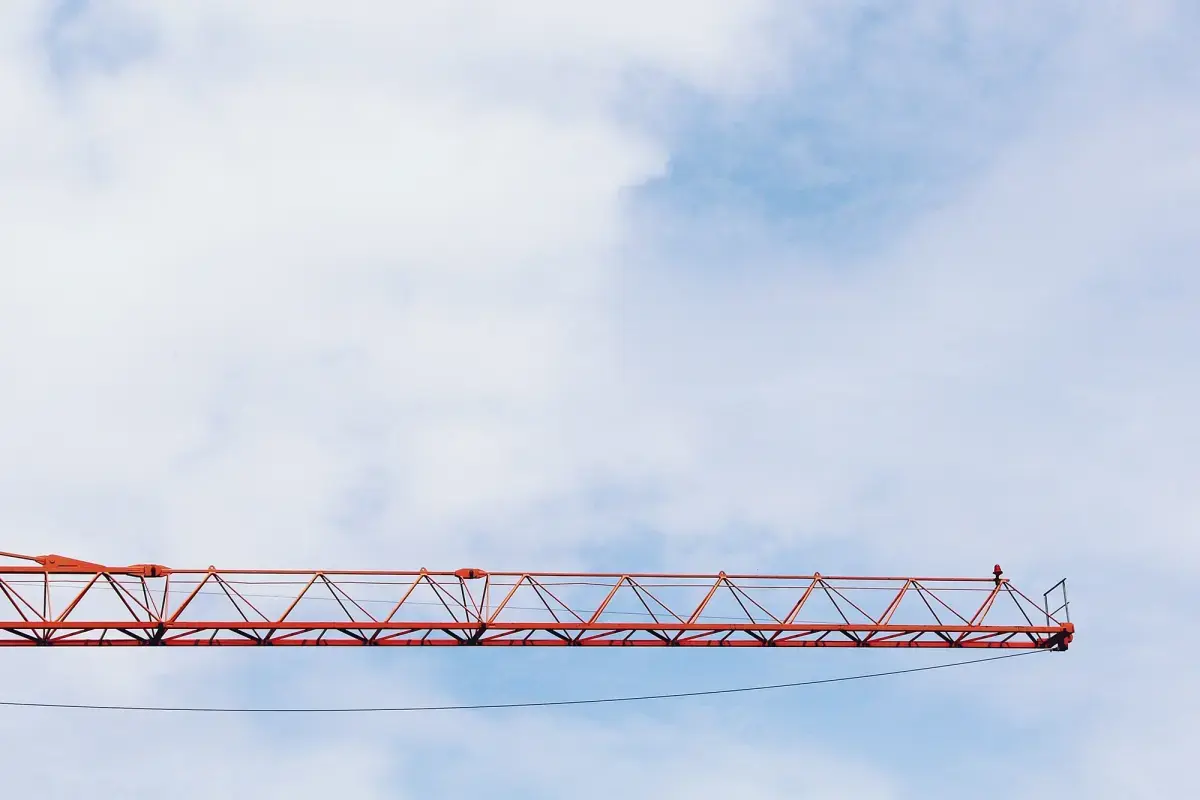
What is the Salary of a Crane Operator?
A junior crane operator typically has a salary range of between around $18-$22 per hour, while a more experienced senior crane operator may expect to earn around $30–$35 per hour. The difference in wages depends on experience, location and size of the company. For example, those working in freight hauling or hazardous materials may get paid more than those operating garden cranes. Generally speaking, most operators will begin making somewhere in the range of minimum wage and overtime after one year on the job regardless of their level. As for long-term salaries for seasoned veterans – salaries can reach higher than $50/hour based on certifications and years worked under an umbrella organization or from unionized employers like union trade unions commonly found through state apprenticeships programs such as National Elevator Industry Program (NEIP) or International Union Of Operating Engineers (IUOE).

What are the Working Conditions for a Crane Operator?
The general working conditions for a crane operator depend on the size and scope of their job. Crane operators typically work in industrial and construction settings, as well as ports and harbors, to move heavy objects with precision. They must pass written and practical tests to become certified crane operators. Crane operators generally work full-time hours, which may include overtime or weekend shifts depending on their employer’s needs. Long hours are commonplace because it takes time to set up cranes for operations safely, as well as transport them from site to site if necessary. Some crane operators may even have overnight shifts at ports or other locations where loading activity builds into the late night/early morning hours such as shipyards etc.. Temperatures can be extremely hot during summer months due to scalding temperatures of machinery that is used in conjunction with operating the crane (e.g., generators). Safety is paramount when it comes to operating cranes; therefore outfitters often provide specialized clothing including steel-toed boots that protect against crush injuries while being slippery enough not slip while moving across wet surfaces when dismounted from a lifting vehicle (e.g., cherry picker). The clothing should also be made out of fire-resistant material since potential sparks resulting from electrical equipment could cause an explosion or a fire hazard near combustible materials such oxygen tanks near welding pools etc.. Finally most employers will require additional safety training beyond initial certification before allowing an individual operate a large or critical load type cranes - such training often includes emergency procedures surrounding catastrophic brake failures using loop & check methods etc..

What are the roles and responsibilities of a Crane Operator?
Inspecting the crane regularly for any damage or wear and tear
Lubricating parts of the crane as needed
Adjusting tension on wires and ropes to ensure they are properly secured
Coordinating with other workers on site to load/unload materials safely
dexterously operating levers, pedals, pulleys, etc. to control movement of heavy objects
interpret hand signals from ground crew in order fulfill their requests
constantly communicate via radio with dispatcher regarding whereabouts and status
monitoring machinery while it is operational to avoid accidents or malfunctions
moving heavy loads horizontally along predetermined paths using a track-type route planner
picking up & delivering multiple smaller items by suspending them from hooks
easing equipment into position so that it will remain level at all times
checking blind spots before making any sudden movements
sound an alarm when anyone gets too close
keep log books updated with information such as hours worked, maintenance records, exports delivered
shut down equipment following company procedures
adhere to safety policies set forth by employer
undergo regular training sessions led by experienced professionals
contribute input during staff meetings about ways improve work conditions / efficiency
participate voluntary drug testing 20 be able physical lift
0 lbs without assistance
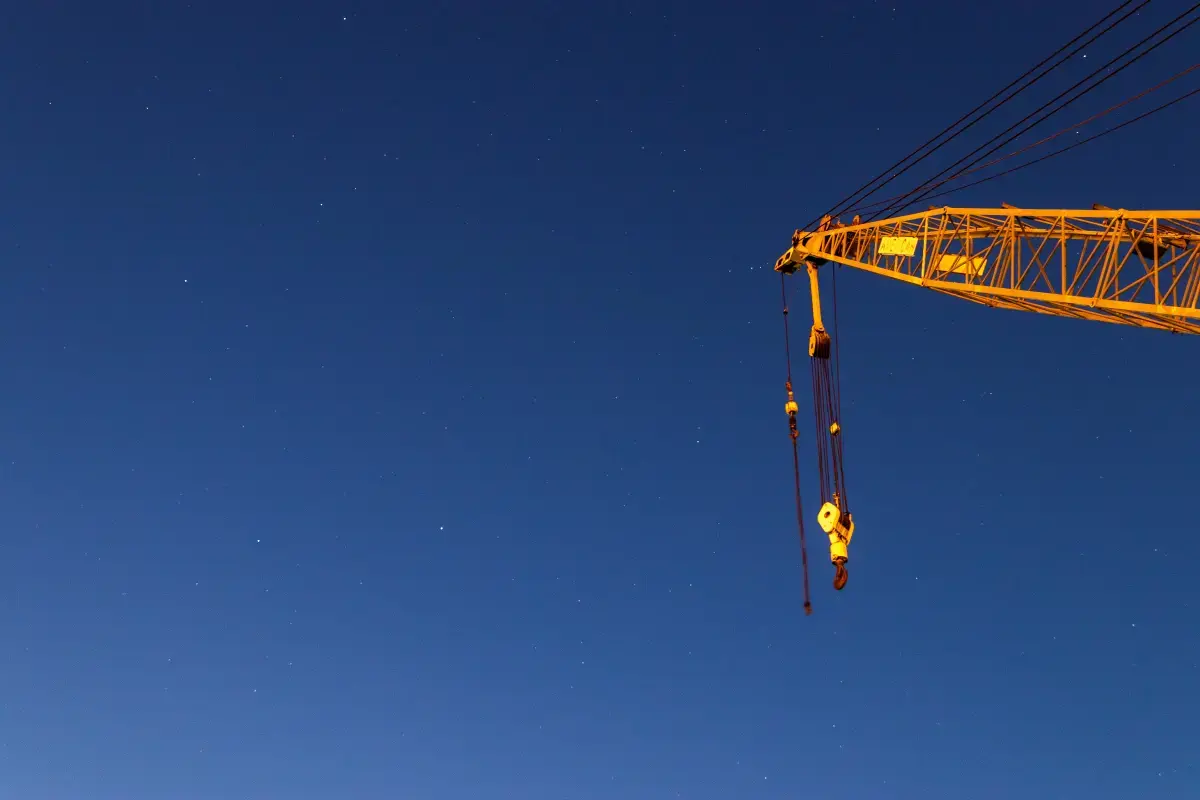
Where can I find Crane Operator jobs?
- Create a profile on gigexchange and promote your Crane Operator skills to advertise you are Open to New Work Opportunities
- Ensure your Resume (or CV), or online work profile is up to date and represents your skills and experience. Ensure your reputation reflects your ability & attitude.
- Apply for Crane Operator Jobs advertised on gigexchange.
- Practise Crane Operator interview techniques to ensure you represent your personality and ability succinctly and confidently.
- Accept the job offer if the salary meets your expectations and the employer mission and purpose reflects your core values.
Jobs
What are the best job boards for Crane Driver jobs?

How can I hire Crane Operator staff online for my business?
The best job board for recruiting Crane Operator experts is gigexchange.com. Advertise full-time, part-time or contract jobs to find, hire & recruit trusted, experienced and talented Crane Operator candidates near you.
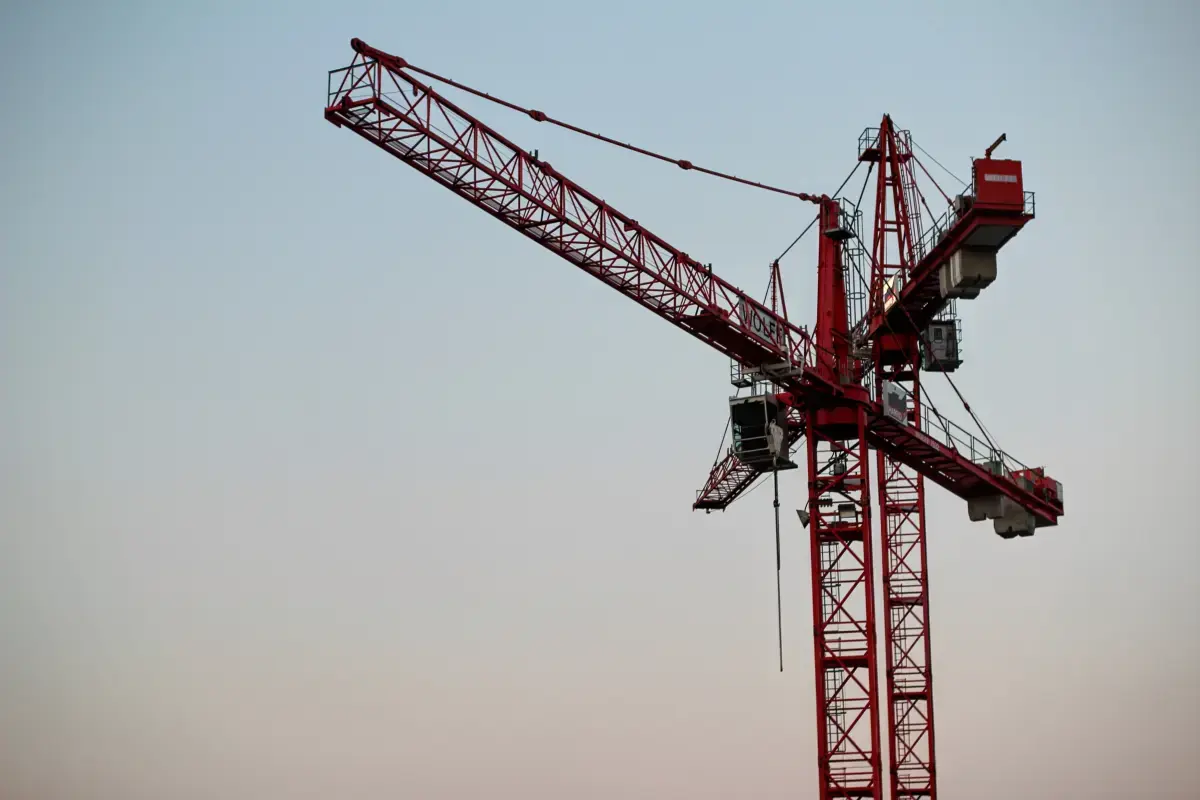
Are Crane Operator roles in demand in 2026?
Crane Operator experts are still in high demand in 2026. If you are an experienced Crane Operator or looking to train and become one. The job market is looking strong for Crane Operator jobs near me.